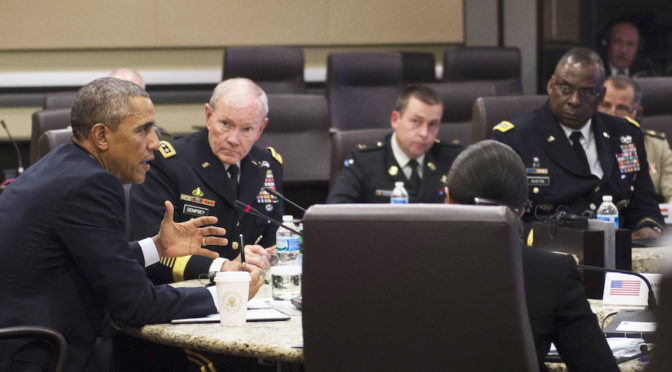Subterranean operations have been an aspect of warfare since the beginning of recorded history. No longer just the complex tunnel networks facing U.S. forces during the Vietnam conflict, in today’s modern society, infrastructure to support megacities such as subway systems and sewers provide a third dimension for military planners to consider in conflicts. The need… Continue reading Fighting in the Unknown: Lawful Measures to Neutralize Subterranean Threats
Tag: International Humanitarian Law
From Protecting Lives to Protecting States: Use of Force Across the Threat Continuum
Retired Brigadier General Kenneth Watkin’s new book, Fighting at the Legal Boundaries: Controlling the Use of Force in Contemporary Conflict, helps address some of the issues with the increasingly blurred line between international humanitarian law and human rights law. Professor Mitt Regan’s review addresses the trends that Watkin regards as posing novel challenges for states… Continue reading From Protecting Lives to Protecting States: Use of Force Across the Threat Continuum
Countering the Prominence Effect: How US National Security Lawyers Can Fulfill Non-Prominent Humanitarian Objectives
Decision researchers describe a “prominence effect” that leads decision makers to choose an option with more defensible attributes when quantitative assessment of those options is difficult. Prominence is hypothesized as a factor in US policy decisions not to use military force to prevent or stop humanitarian crises. Prominence is also regarded as a behavioral failure… Continue reading Countering the Prominence Effect: How US National Security Lawyers Can Fulfill Non-Prominent Humanitarian Objectives



